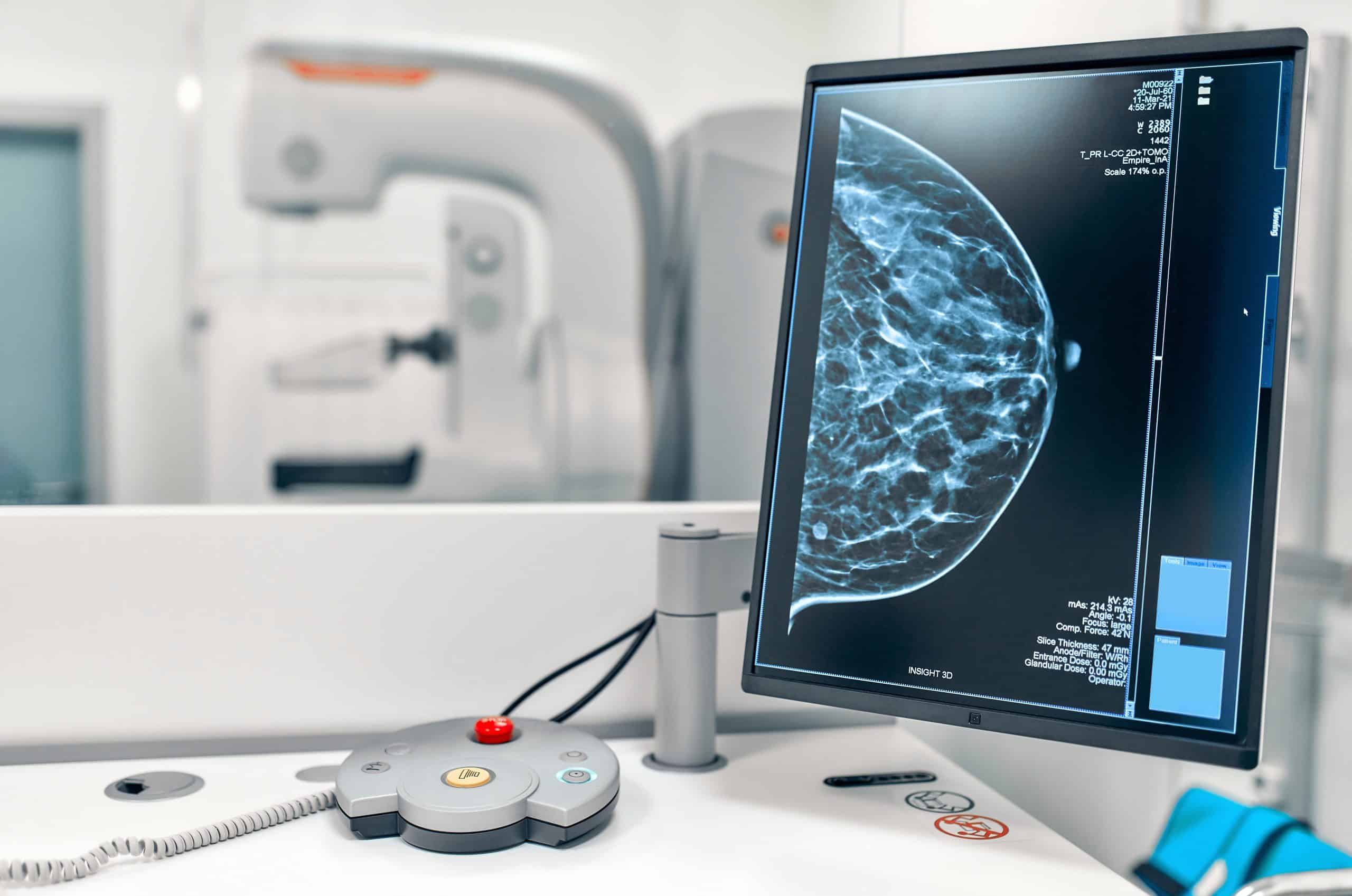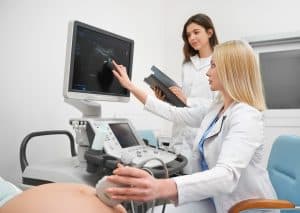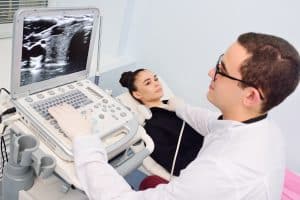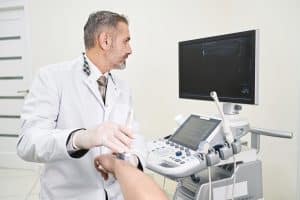Breast imaging is an essential tool in the early detection of breast cancer. For women in Toronto, Brampton, Whitby, and Niagara Falls, understanding the nuances of breast imaging, particularly in the context of dense breasts, can aid in making informed health decisions. Let’s delve into the challenges posed by dense breasts and explore the cutting-edge solutions available at Valence Medical Imaging.
What Are Dense Breasts?
Dense breasts have more fibrous and glandular tissue than fatty tissue. On a digital mammogram, dense tissue appears white, much like tumors, making it harder to detect potential abnormalities. Notably, dense breasts are not uncommon; many women have them. It’s essential to know that while dense breasts can increase the risk of breast cancer, density alone doesn’t determine the overall risk.
Challenges in Mammography for Dense Breasts
1. Reduced Sensitivity: The primary challenge with dense breasts is that both the cancerous tissues and the dense tissues appear white on a mammogram. This overlap can obscure tumors, leading to potential false negatives.
2. Increased Callbacks: Because of the difficulty in distinguishing between dense tissue and tumors, women with dense breasts might be called back for additional imaging or tests.
3. Radiation Exposure: Additional tests can mean extra exposure to radiation, though it’s worth noting that the radiation from modern digital mammogram machines is quite low.
The BI-RADS Classification
To standardize mammogram reports and make them universally understandable, the Breast Imaging-Reporting and Data System (BI-RADS) classification was introduced. This system classifies breast density into four categories, helping physicians communicate about breast density levels and associated risks more clearly.
Solutions for Dense Breasts Imaging
1. Diagnostic Mammogram: Unlike a standard screening mammogram, a diagnostic mammogram takes more detailed images from different angles. It’s particularly useful if an abnormality is suspected from a regular mammogram.
2. Breast Tomosynthesis: Also known as 3D mammography, breast tomosynthesis captures multiple images of the breast from various angles. This creates a three-dimensional view, allowing for better differentiation between dense tissue and potential tumors.
3. Breast Ultrasound: An excellent supplemental tool, breast ultrasound uses sound waves to create images of the breast tissues. It can differentiate between solid tumors and fluid-filled cysts, making it an invaluable tool when dealing with dense breasts.
4. Breast Biopsy: If an abnormality is detected, a breast biopsy might be necessary. This involves taking a small sample of breast tissue to analyze in the lab.
How Valence Medical Imaging Can Help
At Valence Medical Imaging, we are dedicated to offering comprehensive breast cancer screening solutions to the communities in Toronto, Brampton, Whitby, and Niagara Falls. Our state-of-the-art equipment, coupled with our team’s expertise, ensures that you receive the best care possible, irrespective of your breast density.
Our digital mammogram services employ the latest technology, reducing radiation exposure and providing clearer images. Furthermore, our professionals are trained in the nuanced challenges posed by dense breasts, ensuring that our patients receive thorough and accurate evaluations.
Having dense breasts can pose challenges in breast imaging, but it’s by no means an insurmountable obstacle. With the advancements in breast imaging techniques, and institutions like Valence Medical Imaging dedicated to providing top-notch services, women can have confidence in their breast cancer screening results.





